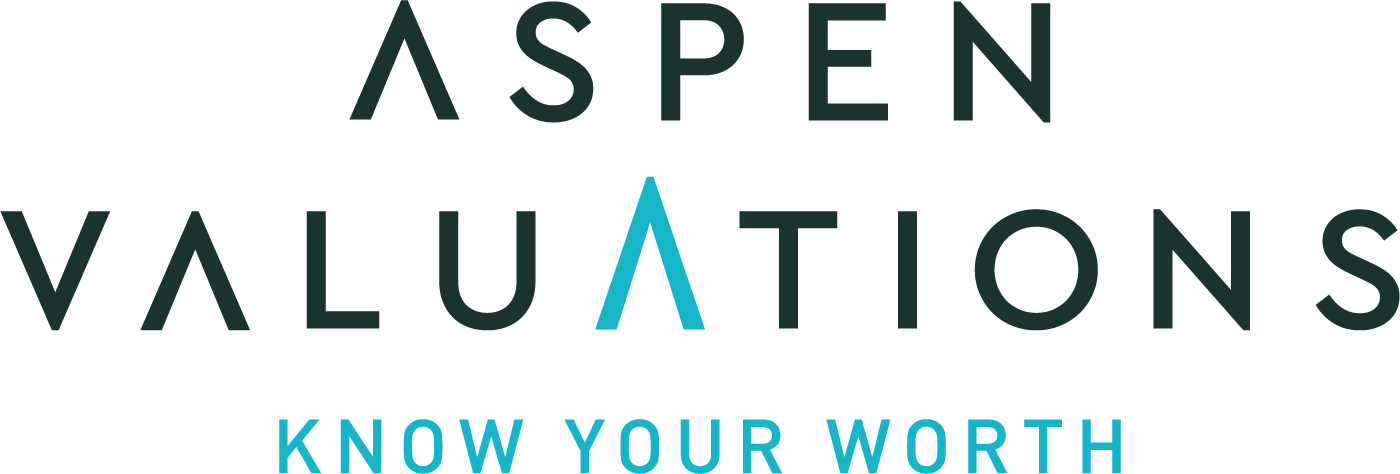Key considerations in business valuation of a family-owned business
1.5 min read.
When it comes to business valuation, family-owned businesses have unique factors to consider. These can range from compensation to family members, transactions with related parties, non-operational assets or liabilities, governance policies, and transferability of goodwill.
Family Member Compensation in Business Valuation
In family-run businesses, family members often hold various roles. Hence, in business valuation, it’s important to evaluate if their compensation aligns with market rates. This includes any benefits or perks exclusive to family members. These factors must be normalized to estimate accurate operating results.
The Impact of Related Party Transactions on Business Valuation
Family-owned businesses often engage in transactions with related parties. These could be rental contracts, supply commitments, etc. A business valuation must consider these transactions and adjust cash flows to market rates to reflect the company’s value without these relationships.
Non-Operating Assets or Liabilities
Successful businesses may invest in assets that don’t directly impact operating cash flows or have outstanding amounts payable to family members. These non-operational assets and liabilities, typically considered redundant, need to be factored in during business valuation. The valuation process usually assumes such assets would be removed, and liabilities resolved before a sale.
Internal Controls and Governance Policies
Family businesses might lack proper internal controls and governance due to multiple family members performing various roles. Valuation professionals must evaluate if additional staffing costs should be considered to maintain operations if the business were sold to an arm’s length party.
Transferability of Goodwill
Family businesses often rely on key family members for customer and supplier relationships, contributing to the company’s personal goodwill. The transferability of this goodwill to an unrelated purchaser can greatly impact the business valuation.
Reliance on Key Individuals
If a business heavily relies on certain individuals, it may be vulnerable to monetary loss if those individuals depart. The existence of employment contracts and life insurance policies can influence the impact of such issues on the business valuation.
Conclusion
For a thorough business valuation of a family-owned business, these considerations are crucial. If you’re contemplating buying, selling, or implementing succession and tax planning for a family business, consulting with valuation professionals ensures that you maximize your value according to your objectives.

